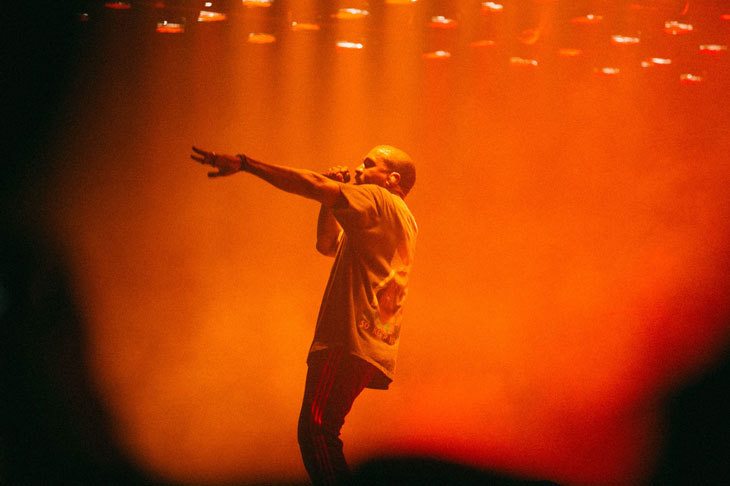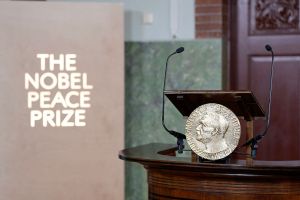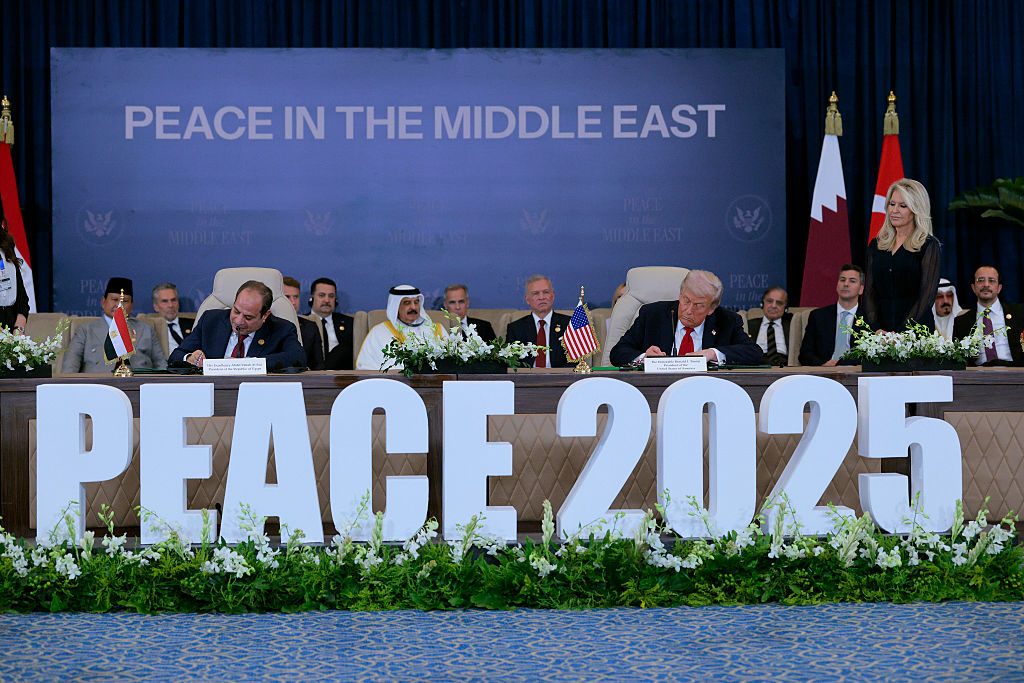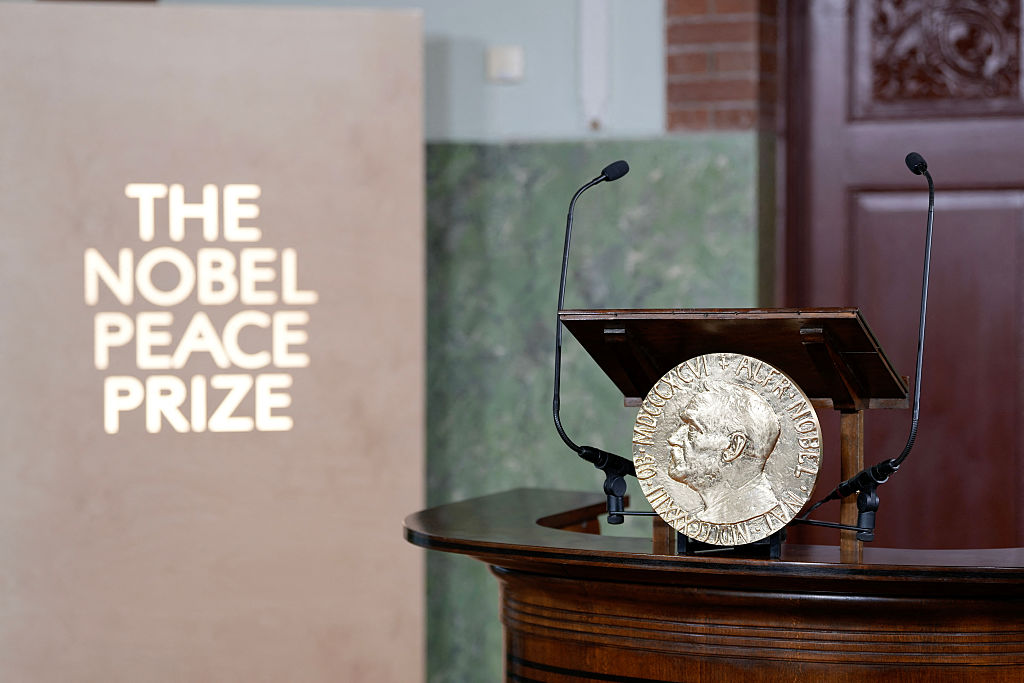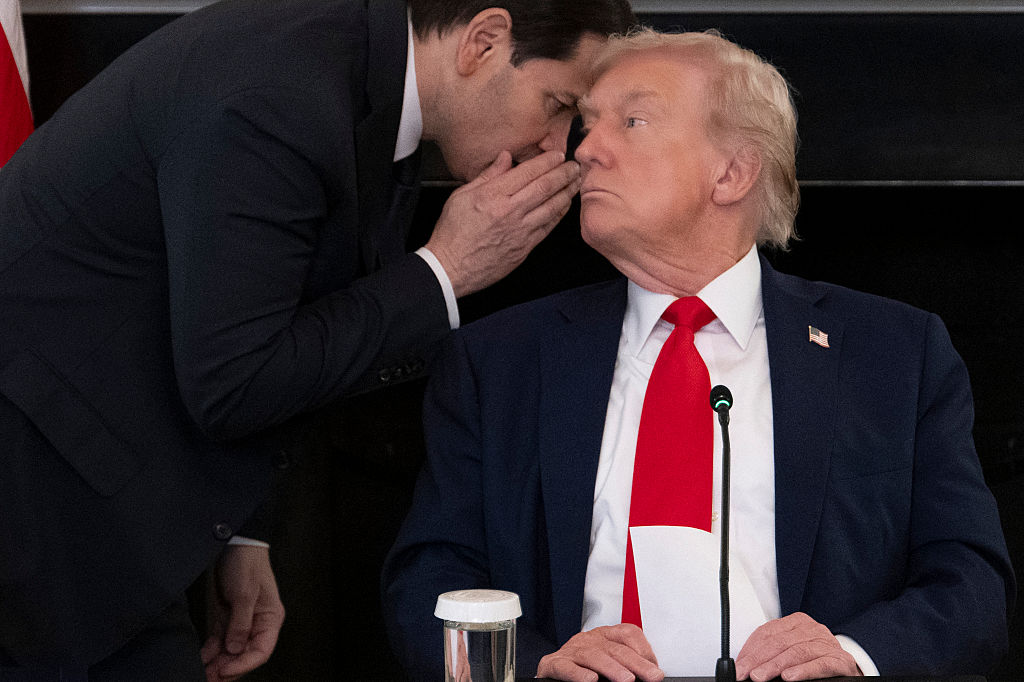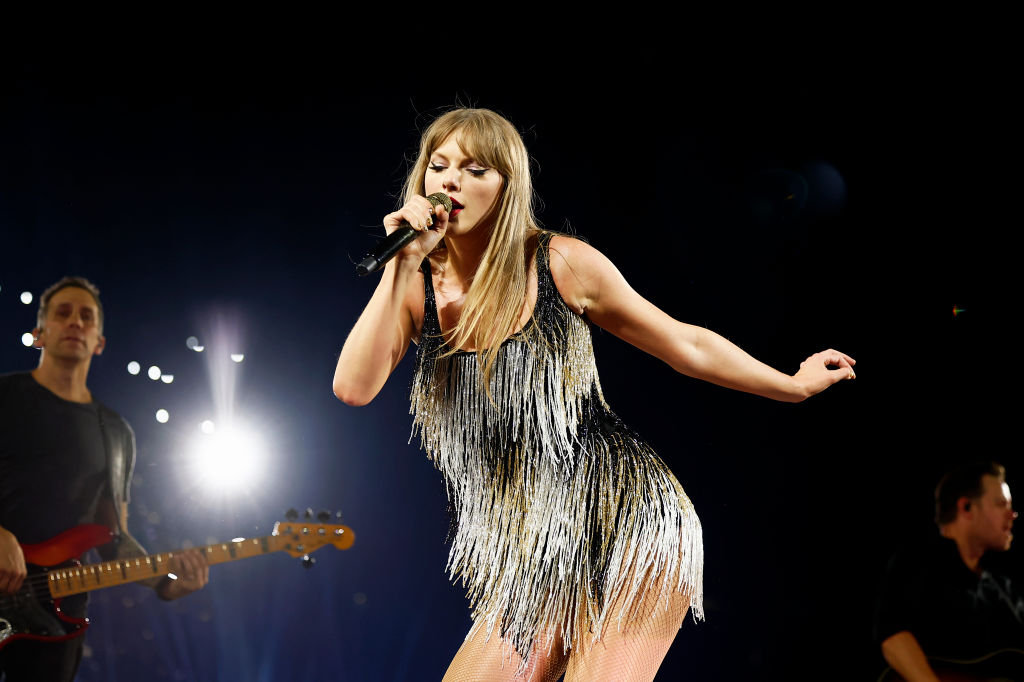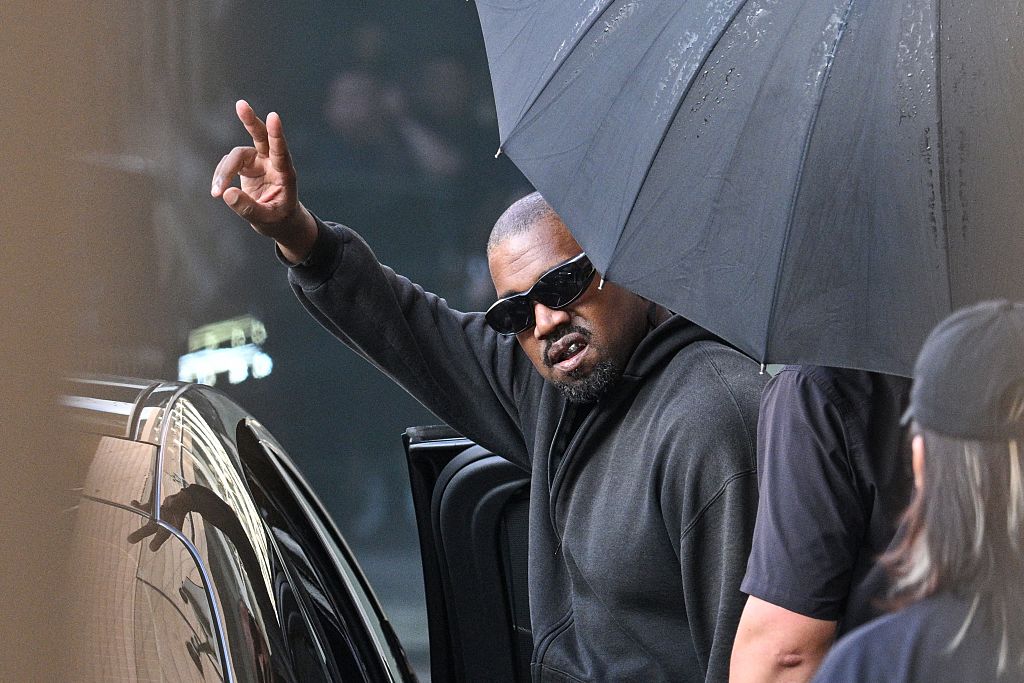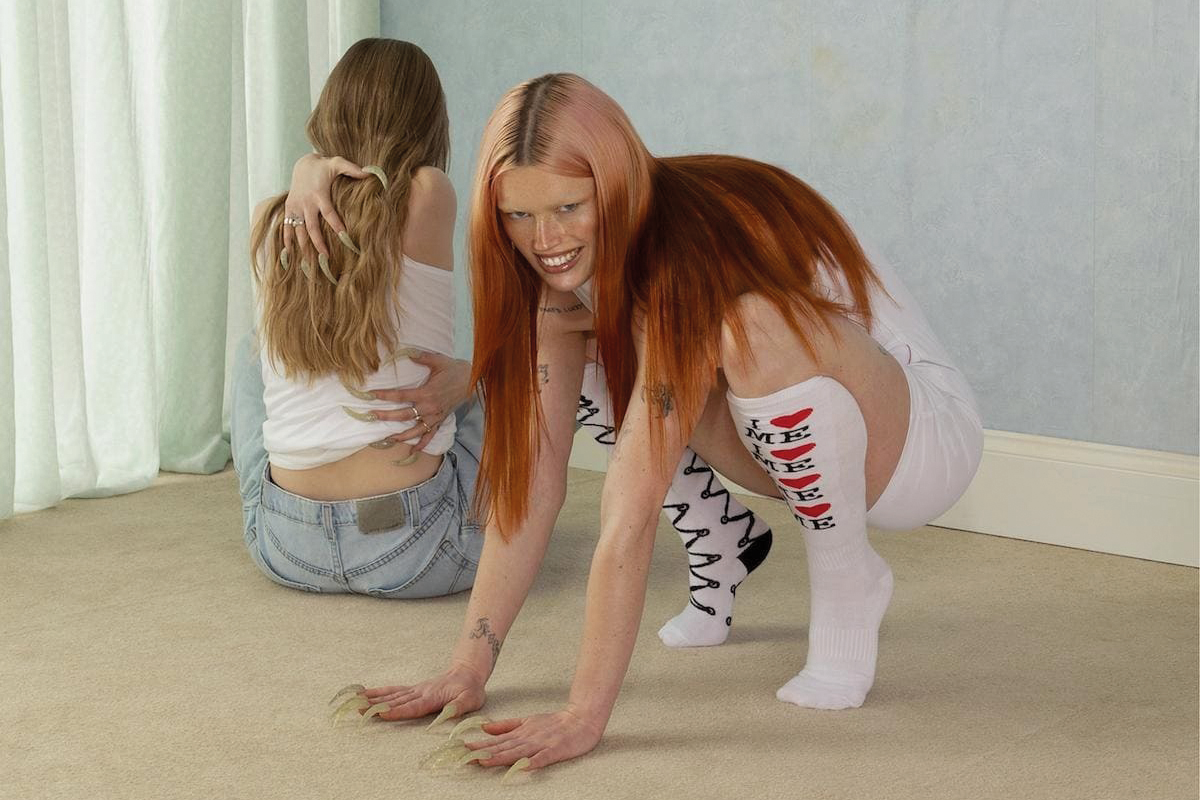Kanye West is more than halfway in to the Rock’n’Roll Hall of Fame — if his politics don’t block the way. This extraordinary rapper-producer first won over a worldwide audience with the 2004 anthem ‘Jesus Walks’, disrupted hip-hop’s bling-bling materialism with the us-vs-them challenge of his Jay-Z collaboration Watch the Throne, and then released the confounding My Beautiful Dark Twisted Fantasy, which rightly became the most highly acclaimed hip-hop album this century. He went on to make controversial public art with his ‘New Slaves’ video, which was projected in 66 locations around the world (called Orwellian by admirers and dumbfounded detractors). With news-making political statements occasionally interspersing that résumé, West is, at the very least, the single most important hip-hop artist ever. He occupies the same place in popular culture that Bob Dylan, a preceding musical, political, cultural game-changer, did in the 1960s.
US cultural gatekeepers have, historically, launched objections when black American artists dare to express political ideas. (The militant hip-hop group Public Enemy never had a Rolling Stone cover; Barak Obama has had at least eight.) Objections to Kanye increased with his recent public statements encouraging black Americans to go against political orthodoxy and be free-thinkers, not mentally enslaved political stooges. But Kanye’s call to arms should not have surprised the listeners he’s won since his 2004 debut album, The College Dropout. That title itself went against the carrot held out before black and working-class youth as potential consumers of the higher education industry. Kanye himself left college to blaze his own trail, hoping that other hip-hop fans would recognise the uniqueness of his records and the individuality of his neo-nerd, Polo-wearing fashion-plate image and identify with it.
Kanye’s music gained popularity, and hip-hop loyalists, through his originality, not from following the genre’s clichés. His musical innovations, via electronic vocal treatments and esoteric samples from a diverse pop heritage, altered the genre, setting standards that other hip-hop recording artists would follow. That concession revealed the little-recognised fact that Kanye’s art, like most black American pop culture, is based in a communal essence — democratically delighting in the popular vernacular, widely pleasing sounds and casual sophistication. The latter began with College Dropout’s ‘Intro’, a folksy impersonation by comedian Bernie Mac exhorting Kanye to create ‘something that the kids is gonna love when they hear it; that’s gonna make ’em start jumpin’ up and down and sharin’ candy and stuff!’ In other words, a conscious mix of youthful innocence and adult provocation — turning pop music into party music.
As with the different cadences heard in call-and-response gospel, innovations in black pop music are celebrated by being practiced and re-practiced artist-to-listener, artist-to-artist. It’s part of black American efforts to survive and thrive despite life’s obstacles. Kanye, however, keeps pushing forward. His career has been extraordinarily long for hip-hop, usually a youngster’s field, full of trendy one-offs. He’s 41 now and his legend continues, because of a keen ear for hooks that are both musical and psychological: whether sampling Chaka Khan’s ‘Through the Fire’ for his first hit single, ‘Through the Wire’, or that fire-starter political tweet, ‘I love the way Candace Owens thinks.’
Through these two outstanding cultural events, Kanye redefined hip-hop’s parameters. The first offered something intensely personal in a confession of his wire-jaw facial reconstruction after a near-death car crash in 2003. The other declared his eccentric individuality through an updated fondness for political autonomy.
Each statement attests Kanye’s attempt to escape a groupthink culture. By making records and public pronouncements that are both private and sociological, he has changed hip-hop’s function beyond its beginnings as strictly party music (‘Rappers’ Delight’), then its development into social observation (‘The Breaks’, ‘The Message’, Public Enemy’s rebelliousness, Geto Boys’ desperation) and youthful idiosyncracy (De La Soul, A Tribe Called Quest, Outkast).
It’s safe to say that hip-hop’s future rests upon Kanye’s creativity and his unpredictable mind set. The power of My Beautiful Dark Twisted Fantasy derives from his engagement with pop heritage, represented by the album’s many collaborators such as Jay-Z, Rick Ross and Nicki Minaj and references to inspiring forebears, Michael Jackson and Gil Scott-Heron. Rappers are known for the expanse of their cultural memories — sounds and phrases that appear and reappear in samples and lyric fragments — but Kanye, by first working as a producer and extending that Rick Rubin-role past the usual scratching and remixing, emphasised the conception of a record’s soundscape as part of its social impact.
His productions are artistic benchmarks. He can drift into stream-of-consciousness autobiography (as on ‘The New Workout Plan’) to unleash the boldest, most memorable personal expression. Kanye broke out from hip-hop’s background working on Jay-Z’s 2001 The Blueprint with tracks that re-directed Jay-Z’s off-putting macho posing, and crossed hip-hop braggadocio with conscience (humility) — an early indication of where Kanye’s own records would go. Not towards bipolarity, but depth.
His signature sound — the high-pitched, high-frequency voice — conveys anxiety, stress and aspiration in one tone. It made the late Lou Reed appreciate Kanye’s 2011 Yeezus for being, aesthetically, the equivalent of art-rock, bestowing legitimacy upon Kayne’s powerful, astringent art-pop tour de force. (The abstract composition and confession on Yeezus — ‘And I don’t even wanna hear ’bout what niggas might do/ Old niggas mentally still in high school’ — clearly was also a major influence on Morrissey’s Low in High School.)
Kanye stands with the big boys. His self-monicker Ye, recalls Dylan’s Zimmy, as does his unignorable unpredictability. In his month-old single, ‘Ye vs. the People’ which took on the fall-out from his support for Candace Owens and President Donald Trump, he bravely challenged his non-thinking fans and colleagues who still believe in the Democrats (the party of slavery and Jim Crow) as saviours. Busting out of the sexual/criminal-outlaw stereotype reserved for black pop artists, Kanye’s new album, simply titled ye, is boldly personal; it insistently reproves the old-fashioned idea that progressive black folks must be conventional and, worse, controllable.
Kanye is the uncontrollable hip-hop artist. His defiance includes the self-examination that pop artists spare themselves and their audiences. Just before ‘Ye vs. the People’, critics were puzzled by his single ‘Lift Yourself’. An outro of scat-singing (‘Scoopity poop’) following the track’s traditional R&B melody showed Kanye responding to R&B heritage but in a perplexed millennial mood. He doesn’t sing it like Michael Jackson who, in ‘Man in the Mirror’ intoned the line ‘LIFT yourself’ with hydraulic power, yet Kanye intends to provide similar motivation to his listeners. On the new album ye, Kanye promises to lift hip-hop to a new level of private meditation.



